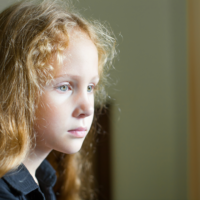preschool
-

PCIT-ED seems to improve parenting behaviour and affect towards children with depression
Data from a new study show that parenting behaviour and affect improved after completing a dyadic parent–child treatment for depression in young children (aged 3-6 years).
Read more -

Mental disorders are under researched yet prevalent in children under 7 years
Mira Vasileva and colleagues in Germany and Australia recently compiled a Research Review for the Journal of Child Psychology and Psychiatry on the prevalence of mental disorders in children <7 years old.
Read more -

Variable sleep schedules might put preschoolers at risk of academic difficulties
New data suggest that internalizing problems are associated with sleep variability and that cognitive ability is associated with sleep timing.
Read more -

The association between anxiety and poor school attendance
School plays a key role in children’s development, and frequent absence from school increases the likelihood of a range of adverse outcomes in childhood and later life. This includes poor academic performance, social isolation, economic deprivation and unemployment in adulthood. There are many risk factors for frequent school absence, including factors related to the child and their family, school and community.
Read more -

Aggression toward siblings during the preschool years: When does it become atypical?
Most children grow up with siblings. During early childhood, siblings spend a great deal of time together and must navigate challenging situations such as sharing toys and parental attention, features that make conflict inevitable and often emotionally intense.
Read more